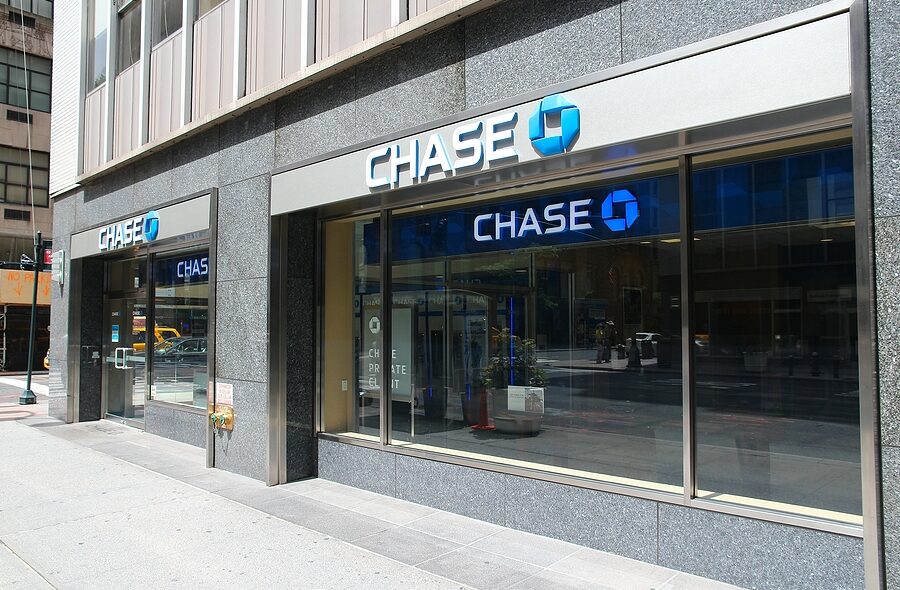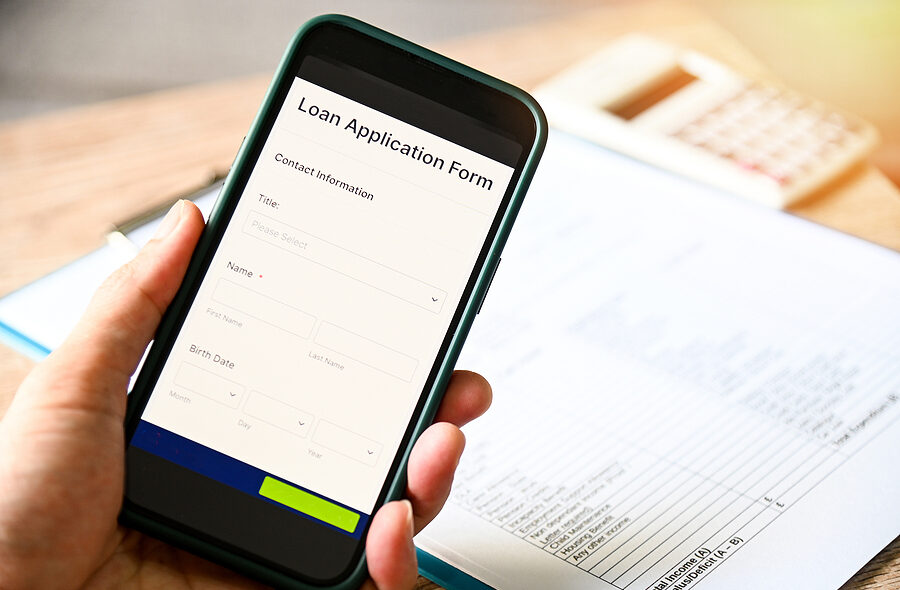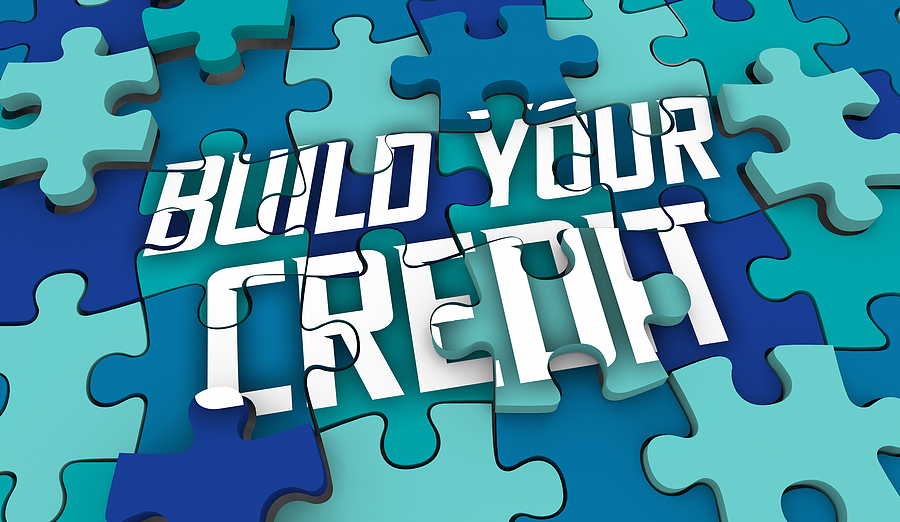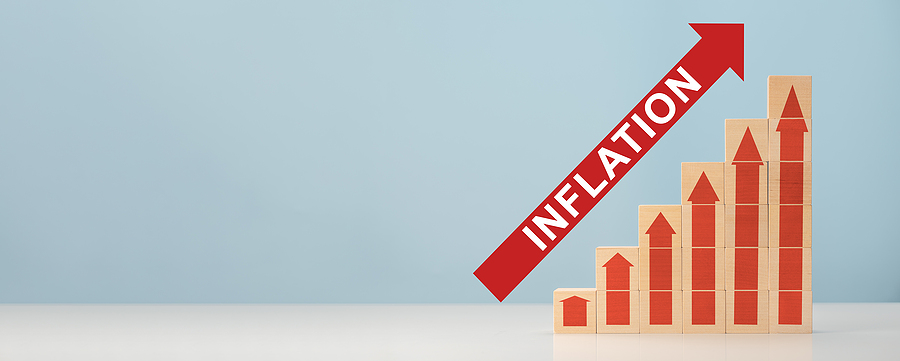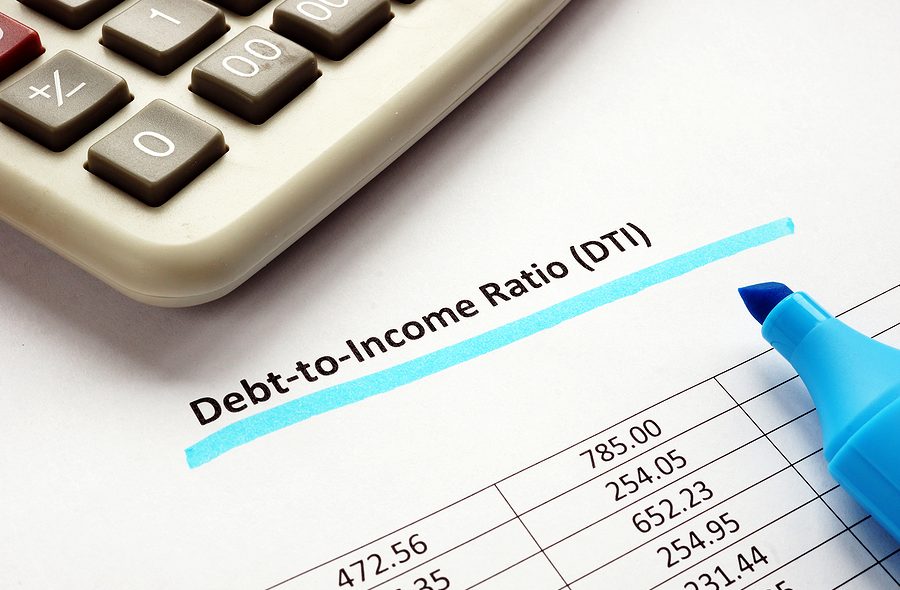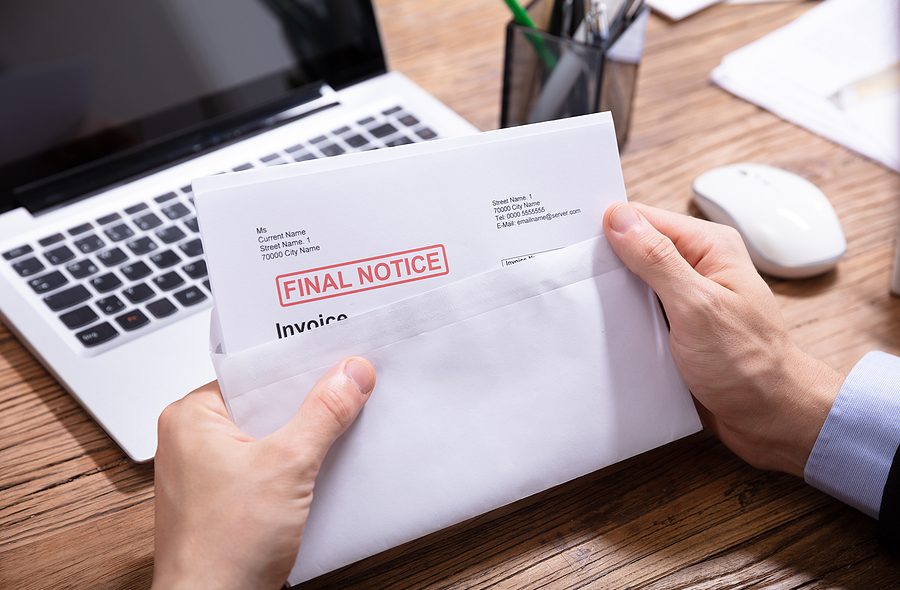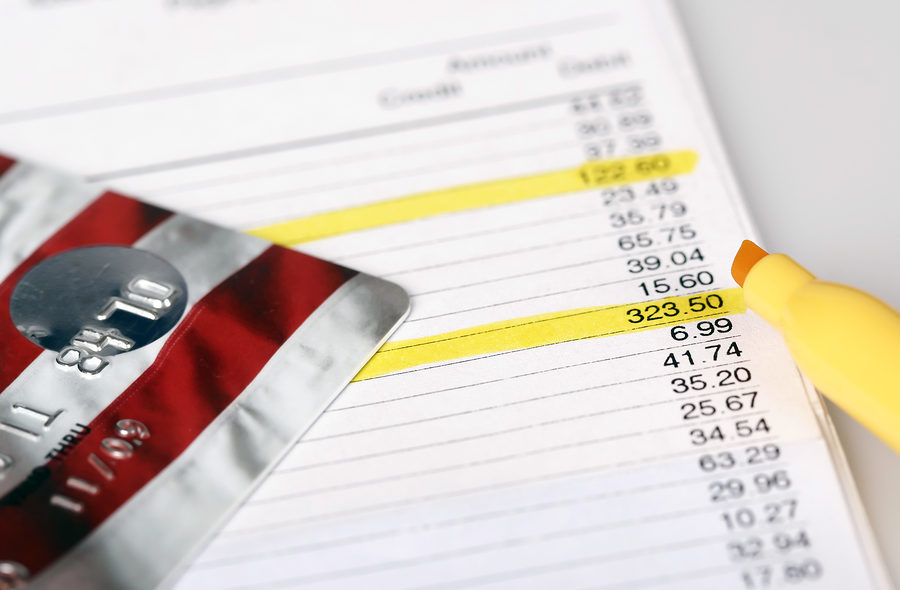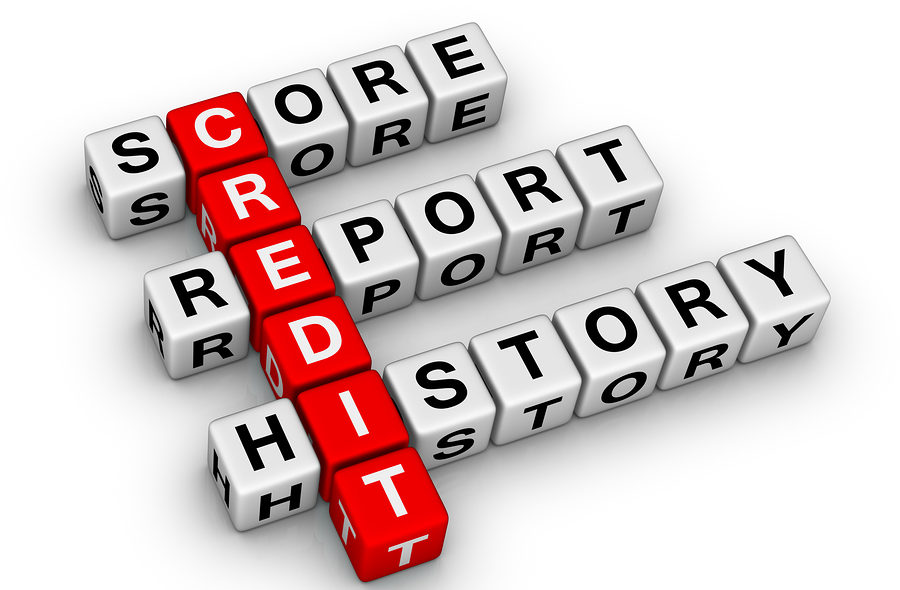Big banks, like JPMorgan Chase, Bank of America, Wells Fargo and Citigroup are preparing to face more risk when it comes to their lending practices. With interest rates sitting at a two-decade high and inflation rates rising, these banks have raised their provisions for credit losses from the previous quarter.
These provisions are the money that financial institutions set aside to cover any potential losses from credit risk, including delinquent or bad debt and lending, like commercial real estate (CRE) loans.
JPMorgan built up $3.05 billion in provision for credit losses in the second quarter; Bank of America had $1.5 billion in stores; Citi’s allowance for credit losses totaled $21.8 billion at the quarter’s end, more than tripling its credit reserve built from the prior quarter; and Wells Fargo had provisions of $1.24 billion.
A recent analysis by the New York Fed found that Americans owe a collective $17.7 trillion on consumer loans, student loans and mortgages. Credit card balances totaled $1.02 trillion in the first quarter of the year.
Credit card issuance and, subsequently, delinquency rates are also on the rise.
With rents up more than 30% nationwide (between 2019 and 2023) and grocery costs rising 25% in that same period, renters who did not lock in low rates and are struggling with rental prices that have exceeded wage growth are seeing the most stress in their monthly budget.
A recent survey found that 48% of Americans depend on credit cards to cover essential living expenses. As consumer’s pre-pandemic savings dwindle down, the reliance on credit for necessities, such as gas and groceries, has become the norm for many.
Click here to read more.
If you have any questions on this topic or are in financial crisis and considering filing for bankruptcy, contact an experienced Miami bankruptcy attorney who can advise you of all of your options. As an experienced CPA as well as a proven bankruptcy lawyer, Timothy Kingcade knows how to help clients take full advantage of the bankruptcy laws to protect their assets and get successful results. Since 1996 Kingcade & Garcia, P.A. has been helping people from all walks of life build a better tomorrow. Our attorneys help thousands of people every year take advantage of their rights under bankruptcy protection to restart, rebuild and recover. The day you hire our firm, we will contact your creditors to stop the harassment. You can also find useful consumer information on the Kingcade & Garcia website at www.miamibankruptcy.com.

